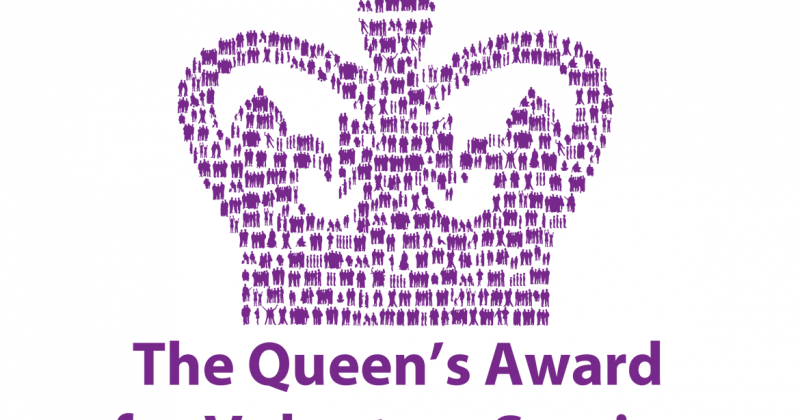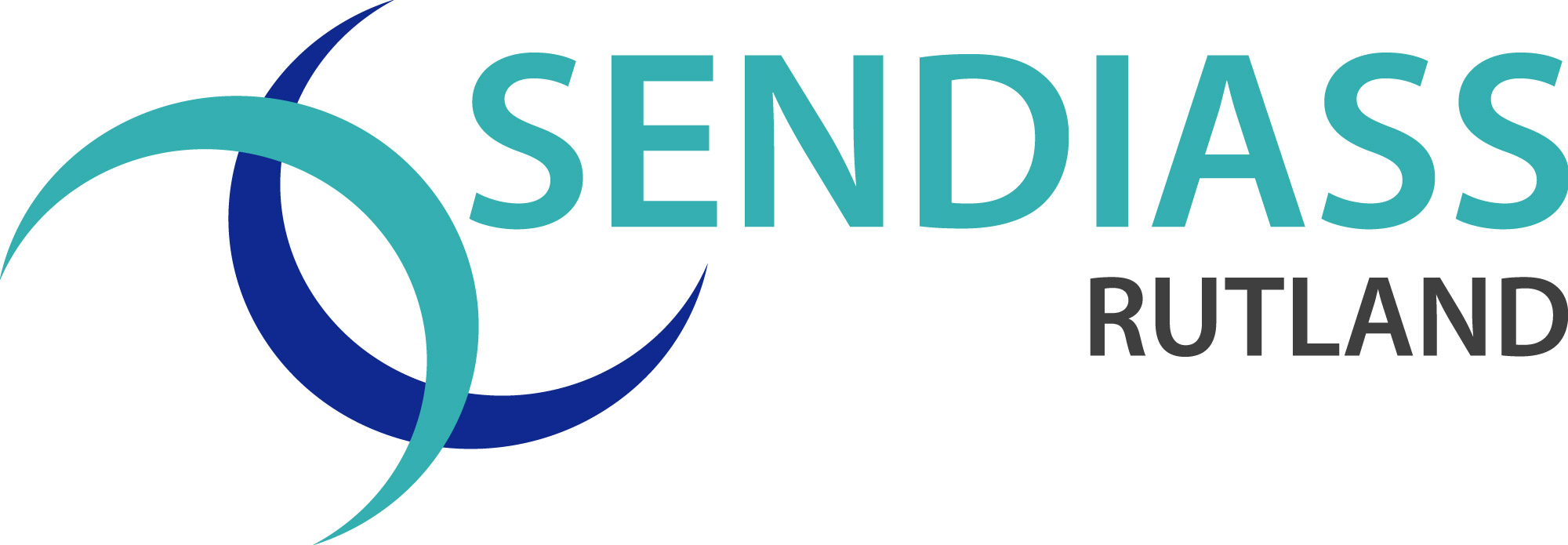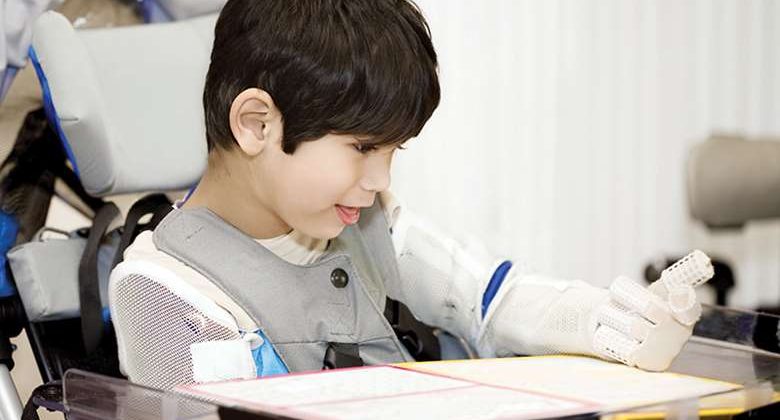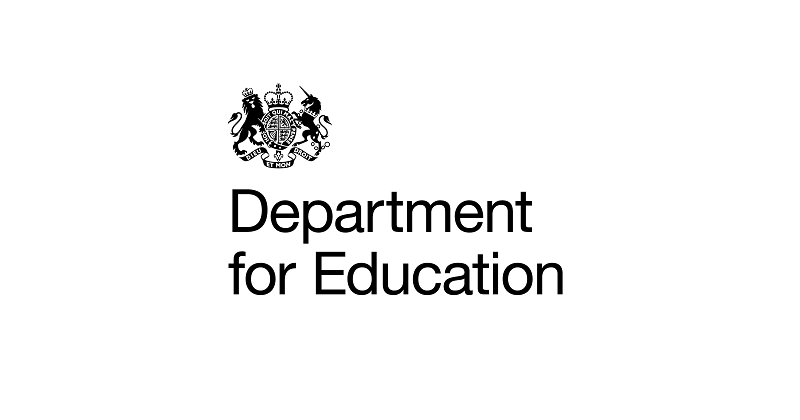The UK Government has announced "further funding to help raise educational standards, improve services and provide practical support to children with SEND."
This includes the Government re-awarding "current contracts and grants which enable schools, colleges, families and local authorities, to support thousands of children with SEND. This includes extending an advice helpline and increased funding for local parent carer forums, support to improve how councils provide local services and improved training for education staff in working with children and young people with specific needs such as autism."
Family Fund: £27 million awarded to Family Fund which "supports low-income parents raising children with serious illnesses or disabilities"Providing up to £17,500 for each Parent Carer Forum (an increase of £2500 compared to 2020-21)Funding has been extended for: Council for Disabled Children, Contact, Kids, National Network of Parent Carer Forums, Whole School SEND, Autism Education Trust, Education Training Foundation and Family Fund
The aims of the £42 million funding are:
Targeted support: monitoring, support and intervention to...





